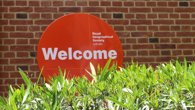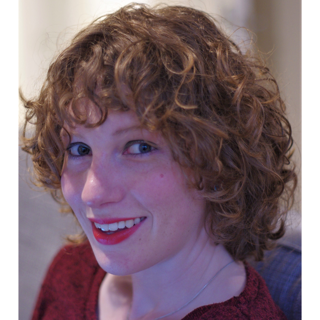How did you get to where you are now?
I started my career as an archaeologist – completing an undergraduate degree in archaeology and anthropology, an MPhil in archaeological research, and a PhD at the University of Cambridge. Through my studies I came to realise I had a passion for teaching as well as learning, so I decided to undertake a Geography PGCE and become a geography teacher. As part of this course I began using Geographical Information Systems (GIS) in the classroom. I had some experience of desktop GIS from my archaeology research, but it was exciting to develop new ways of using it in a school context.
I entered the Esri UK Jack Dangermond Young Scholar’s competition, producing a storymap about my work in the classroom, and was lucky enough to win. A trip to the Esri Education Conference and User Conference in San Diego gave me the opportunity to meet more teachers engaging with GIS, and fired my passion to continue developing GIS uses in the classroom when I returned. When the opportunity arose within the Esri UK education team to make research and development of classroom GIS my full time career, I knew I had to apply!
Was there anything particularly useful that helped you get into this role?
Being open to new opportunities, not being afraid to deploy the skills I learned in one domain to another, and being willing to take a chance! I didn’t think for one moment I would win the Young Scholar Award - my PGCE tutor was instrumental in persuading me to think otherwise – and it completely changed my career. The experience was an important lesson about self-selecting out of opportunities. It’s always best to try – often the worst that can happen is you get some useful feedback on what to do differently next time. Failing is as important to success as winning new opportunities.
What do you do as part of your role?
My role is incredibly varied, which I love. I spend time using the ArcGIS platform to get to know our software as much as possible. Through this I develop new resources for schools and universities, and devise innovative ways to apply GIS to school curriculum content. I develop training courses for teachers and students to help them use our technology, and I do a lot of work out of the office delivering these.
I act as a first line of technical support for users of the platform in schools, who get in contact to ask questions about what they can do with GIS, and I am part of the team that looks at the technical side of making GIS work in schools.
I work with data that is relevant to schools, both inside and outside the classroom. For example, one of the resources I created is a series of dashboards that allow people to explore GCSE results for schools around the country. I also work with other companies and organisations that have interesting data they want to share to create interactive resources. Perhaps the most fun I’ve had as part of this job was producing our training videos. These help us to reach a wider audience who can’t attend our training sessions. To create these, I had to get to grips with filming, editing and even making the backing soundtracks!
How does geography feature in your work/what difference does it make?
Geography is at the core of almost everything I do; spatial thinking is critical to all of the resources I make and the training sessions I deliver. It helps me to ask interesting questions of the data I work with, and to present and interpret it.
What advice would you give to someone wanting to go in to this career?
Invest in your skills. You can’t skip over the foundation of good geography knowledge – enjoy learning about the world. Make the time to ‘play’ with technology you’re interested in, to learn about new developments, and don’t be afraid to try new things. The field is developing rapidly and is intensely collaborative. You can’t be an expert in everything, but being able to recognise when other people have a skillset that could work alongside yours is advantageous.
Why did you choose geography? Why should others choose geography?
I chose geography because it connects together so many different areas of human knowledge and allows us to understand the world and all its people
* This interview was undertaken in 2019 and was correct at the time of publication. Please note that the featured individual may no longer be in role, but the profile has been kept for career pathway and informational purposes.


